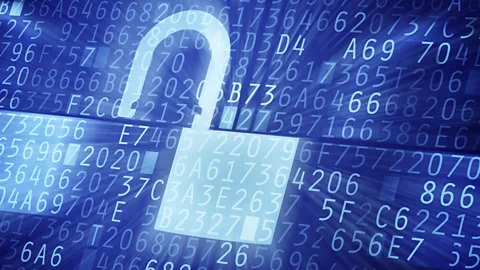How safe is your password?
 Thinkstock
ThinkstockHackers are coming up with ever more ingenious ways to crack your secrets. But with the right tricks, you can learn to outsmart them and protect your privacy.
When you go on holiday, you wouldn’t leave your front door open to burglars – yet many of us are equivalently foolhardy with our online identities.
As our colleagues at Brit Lab explain in the video above, there are three primary ways that hackers use to crack your passwords. Phishing scams are the most well-known – where a fake email (often promising instant riches) will send you to an apparently credible website that asks you to enter the secret code.
The second involves clever guesses. The word “password” is still the most popular password, followed closely behind by “123456”. Even if you think you are being clever with a pet or family name, it’s not so hard for a hacker to guess from Facebook or Twitter profiles. Nor do references to popular culture – like the ship number from the USS Enterprise – take too long to guess; such choices are probably already lurking in a database of potential password hacks.
When that fails, hackers can use sheer brute force: algorithms can power their way through 8 billion password combinations a second. One of these programs could have cracked a six-letter code within the blink of eye; 12 numbers would take just over three minutes.
Luckily, in this video Brit Lab’s Greg Foot offers some smart techniques to confound even the most determined fraudster.
